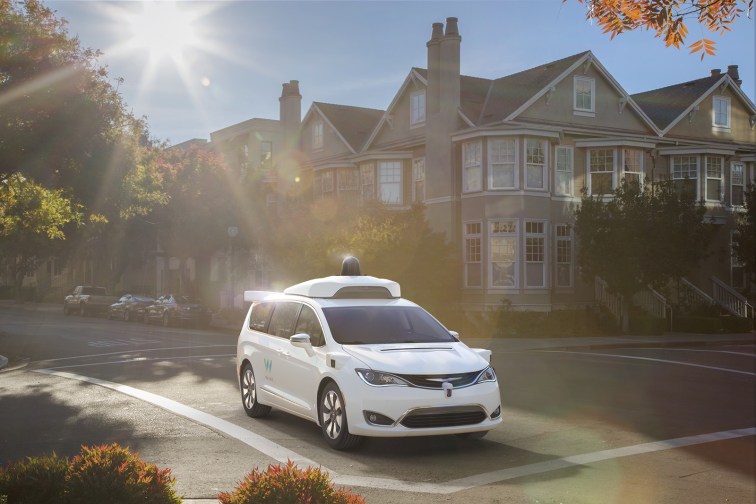
[ad_1]

A United States House of Representatives House Energy and Commerce Subcommittee on Innovation, Data, and Commerce hearing on July 26 renewed attempts to legislate so-called self-driving cars. Self-driving cars, also known as autonomous vehicles, have been a hot topic for years. Proponents tout merits such as reducing fatigued or distracted driving as the cars enable passengers to relax and sit back while the vehicle does the driving. At the same time, critics cite safety concerns and technological shortfalls. Now, the U.S. House will discuss consumer and legal protections.
Legislation on self-driving cars has stalled for over five years. But the effort started again last week with a hearing of the House Subcommittee on Innovation, Data, and Commerce.
Currently, there are no fully automated self-driving cars available for sale. Many questions have circulated regarding the technology’s capabilities and who would be liable in the case of an accident.
Also see: Self-Driving Cars: Everything You Need To Know
These issues will likely be at the heart of discussion among the House panel.
What Laws Are Currently in Place?
Currently, 29 states have introduced or enacted legislation regarding autonomous cars.
Many of these legislative measures seek to improve the safety and performance of the technology. Some laws require a licensed driver in the car, companies to have liability insurance, and states to utilize vehicles for deployment or testing purposes.
States, including California, Colorado, Florida, and Georgia, have allowed vehicle deployment on their roads. Connecticut, Hawaii, Illinois, and other states, plus the District of Columbia, permit only testing such vehicles on roads. Many states further regulate the models released onto streets, such as commercial vehicles.
However, this process is not fast enough for many. Congress is renewing the push for legislation to expedite the development of these cars to keep up with foreign efforts.
Opponents want to improve protection for pedestrians and other vehicles sharing the roads with self-driving cars.
An example of a state not going far with regulation is Florida. The state has allowed autonomous vehicles to be on highways since 2012. The state does not strictly regulate the testing or operation of such vehicles.
How Does the General Public Feel About Such Cars?
As with so many other issues, public opinion is divided when it comes to autonomous cars.
On the one hand, there are those who are for advancing such vehicles. They see self-driving cars as the technology of the future.
Advocates say that the cars could prevent collisions, improve traffic congestion, and be accessible to disabled citizens. Many even argue that self-driving cars are safer and more reliable than a person sitting behind the wheel.
Opponents, meanwhile, cite the lack of laws to regulate such cars, especially rules that protect pedestrians and others on the road. Through a July 25 press conference hosted by Advocates for Highway and Auto Safety, many individuals of different backgrounds expressed their concerns about self-driving cars and the future of road safety.
Some cited personal stories of loved ones lost in traffic accidents or advocated a more statistical and research-based approach. There was a shared commonality between the speakers — advocating for regulation that would protect the average person on the road.
Lt. Tracy McCray, president of the San Francisco Police Officers Association, made one of her concerns apparent. McCray cited a situation in which an autonomous vehicle reportedly blocked a roadway during a mass shooting, hindering first responders. Nine people were injured in the June 9 shooting.
“Seconds can mean the difference between life and death,” said McCray.
Many of the participants questioned how car companies could be held accountable for protecting the average citizen while their products are deployed and tested — including just how reliable self-regulated vehicles can be as they may be programmed to avoid collisions but are not self-aware enough to recognize an active shooting scene.
What Can People Expect?
The initial House subcommittee hearing on July 26 reopened discussion for legislative measures for driverless cars and their deployment, but subcommittee hearings and questions on this issue will continue through August and possibly beyond.
For now, there is no telling exactly what will occur and in what timeline. But as self-driving technology continues to advance, and those on both sides of the conversation seek to be heard, the topic will be a sensitive one for the foreseeable future.
[ad_2]